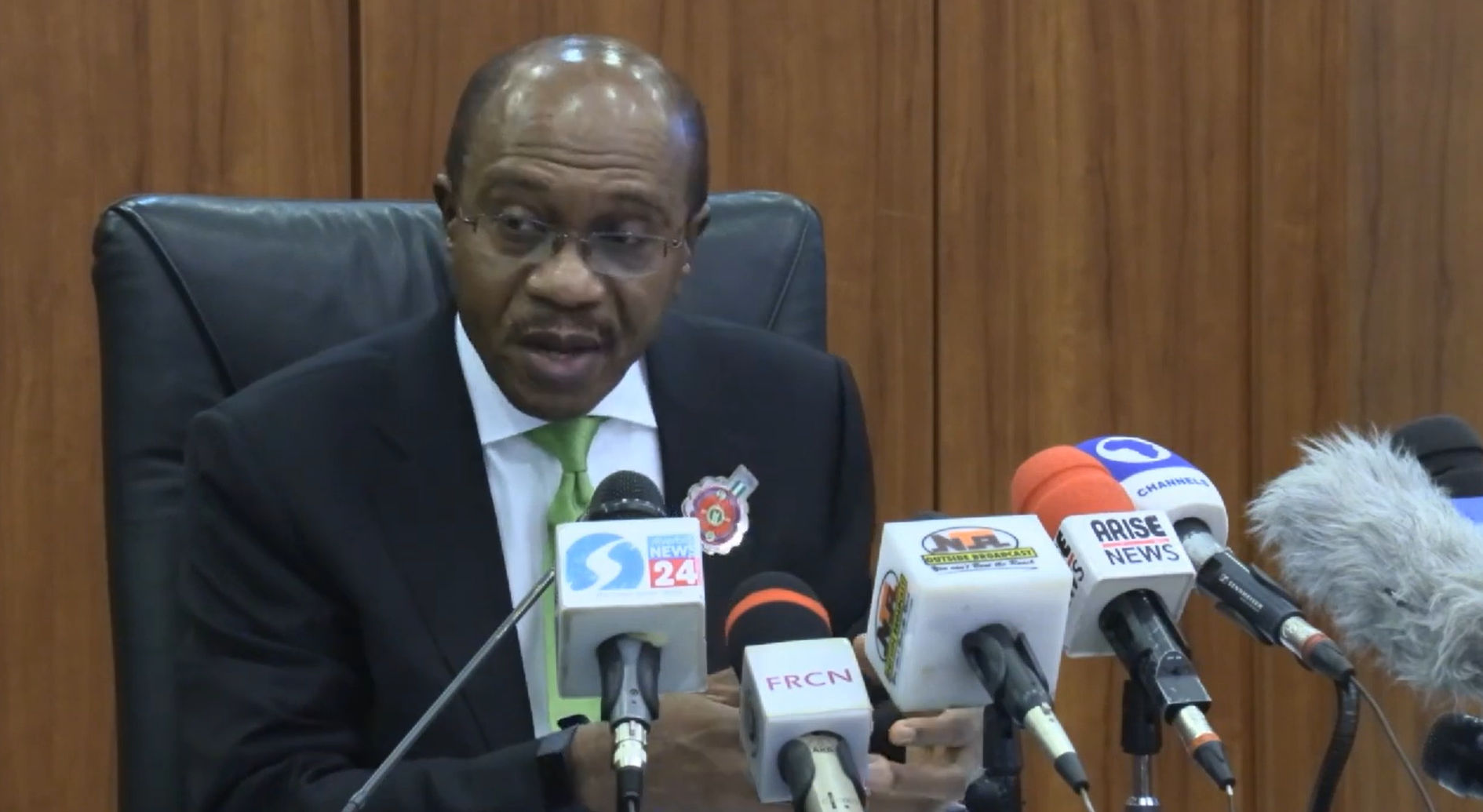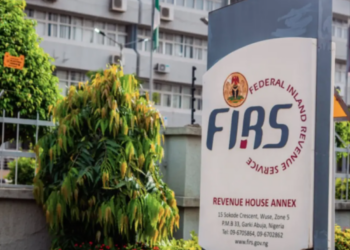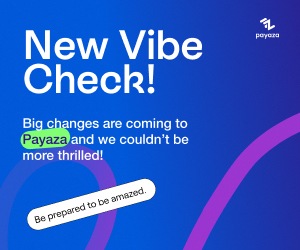The Central Bank of Nigeria Governor, Godwin Emefiele, announced that the Monetary Policy Committee had voted to increase its benchmark interest rates to 14%. from 13%.
The Central Bank during its last MPC meeting had increased the interest rate from 11.5% to 13.5% in May 2022, however with the inflation rate still spiking above 18%, the CBN has raised the rate further to 14% in a bid to combat the rising cost of goods and services.
This latest increase will have a significant impact on the economy, especially in the area of lending for individuals and businesses in the Nigerian Economy.
This is because the monetary policy rate (MPR) is seen as a benchmark rate in the financial services sector as it is the rate at which the CBN lends money to banks and vice n versa. MPR is also used by the CBN to control the supply of money in the economy.
- For example, if it increases MPR as it has just done, it is adopting a contractionary policy which means it wants to slow down lending and in the short to medium term, inflation rate.
- When interest rates rise, borrowing tends to be reduced unlike when interest rates are low.
- Conversely, when the CBN reduces its interest rates (MPR) it is signaling an increase in lending. The cheaper the interest rates, the easier it is for people to borrow more.
- Borrowing also means economic activities will be stimulated in the economy thus leading to more jobs, and general economic growth.
What it means for everyone
Individuals – an increase in MPR means it will now cost more for Nigerians seeking to borrow money from the banks for loans such as personal loans, car loans, mortgages, and other forms of consumer loans.
Businesses – an increase in MPR will also lead to an increase in interest rates on overdrafts, corporate loans, structured loans, refinanced loans, unlending, and other forms of lending facilities offered to businesses.
In general; those who borrow will likely witness higher interest rates while those who save may attract higher interest depending on their financial muscle.
- Those who already have existing loans might be expecting letters from their banks informing them of a likely increase in their interest rates.
- Currently, prime lending rates stand at about 12% up from 11% since the CBN increased MPR in May, It is likely that these rates will continue to inch higher.
- Conversely, one will expect savings deposit rates to also rise but this hardly occurs during a rise in monetary policy rates.
- For example. savings deposits rates have fallen to under 5% for one-year fixed deposit rates according to data from the CBN.
But you can still push
- However, we do expect investors which significant cash piles such as N100 million and above might be able to push their banks for higher deposit rates due to the higher MPR. This of course will also depend on the tenure.
- Those who also save money in microfinance banks should also get the banks to increase their deposit rates in line with the higher MPR.






















Wow. This is beautifully written to enable understanding for the layman.
Very enlightening… Thank you so much.
I don’t think this is the best way to curb inflation in the economy. Increased interest rate will cause more increase in price of goods. Some individuals need loan to grow their production capacity and they will this interest incurred on the output.
Way forward
Interest rate for manufacturers and micro economics should be lower compared to individual who needs loan
Your suggestion can also lead to round tripping in the econonmy.
The extra cost ordinarily unfortunately shall be borne by the final consumers of the borrowers/manufacturers’ products plus premium.
Is roundtriping not worse than the lack of Jobs and poverty in the economy when lower interest can help micro and small businesses flourish, open new frontiers and employ many in the economy.
Why do we always give policies without considering local narrative? How many companies are quoted in Nigeria that would require roundtriping?
Lower interest rate would encourage more businesses and infact push our lazy banks to innovate.
The greatest hindrance may be our high and ever increasing inflation and lack of national data. High Inflation equals High interest in any economy and that’s understandable but what’s the use of BVN and NIN if our banks can’t access loans records.
Our banks over dependence on borrowings to government is another major issue, the government interests are high and so they barely need to borrow to businesses.
Government must do something and must do it FAST! People’s livelihoods is important if we want to stop being the headquarters of poverty in the world and stop giving any excuse for these rates. Imagine 21% – 35% per annum, crazy!